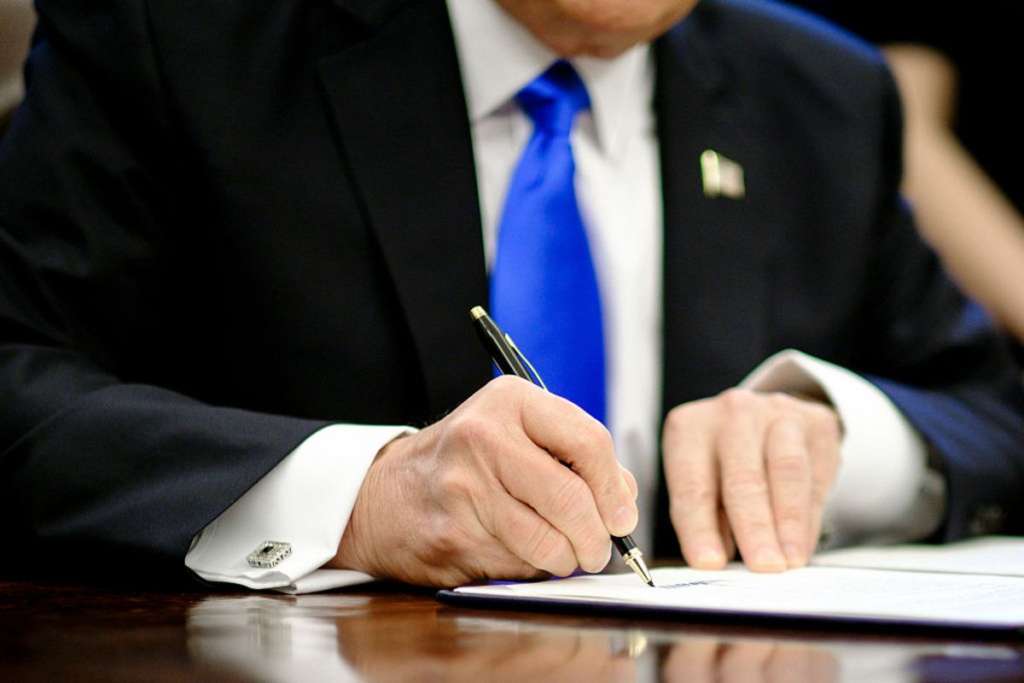The U.S. Court of Appeals for the 9th Circuit has maintained the freeze on the presidential order. Its reasoning is concise and accessible, and deserves wide reading. The ruling didn’t break any constitutional ground and it didn’t clarify anything that was previously unclear. It also didn’t say that the government couldn’t have prevailed on the merits: The White House is entitled to substantial judicial deference on matters of immigration and national security, it affirmed. What it said, in effect, was that the government presented a case that was too grossly incompetent to accept.
The government’s main claim was that its policy was literally unreviewable. Accordingly, it offered little or nothing to justify the policy (and the harms it inflicted on U.S. persons). What was Trump’s team thinking? This position wasn’t questionable, it was preposterous. The court dismissed it out of hand.
Although our jurisprudence has long counseled deference to the political branches on matters of immigration and national security, neither the Supreme Court nor our court has ever held that courts lack the authority to review executive action in those arenas for compliance with the Constitution. To the contrary, the Supreme Court has repeatedly and explicitly rejected the notion that the political branches have unreviewable authority over immigration or are not subject to the Constitution when policymaking in that context.
Were the government’s lawyers unaware? Did they even understand that they carried the burden of proof in this latest proceeding? Their task was to show that the government was likely to prevail in due course on the underlying issues. It might well prevail — but they made no such case. Had the administration tried to justify the policy, any such analysis, even if less than compelling, would have had a claim on the deference to which the government is entitled. But when the government makes no argument at all on the merits, what is the court to do? Deference under those circumstances would be outright capitulation.
Especially telling were the court’s comments on the government’s request that the executive order be narrowed rather than blocked altogether. The government now says the order doesn’t apply to green-card holders, and the White House counsel has issued a notice to that effect. The order has also been amended or clarified to suggest, maybe, that it wouldn’t apply to previously admitted aliens who are temporarily abroad. The court writes:
At this point, however, we cannot rely upon the Government’s contention that the Executive Order no longer applies to lawful permanent residents… Moreover, in light of the Government’s shifting interpretations of the Executive Order, we cannot say that the current interpretation by White House counsel, even if authoritative and binding, will persist past the immediate stage of these proceedings.
In other words, the government doesn’t appear to know what its own order actually means. And as the court went on to say, it also doesn’t know, or anyway hasn’t explained, what narrowing the scope of its order — which it expressed a willingness to do — would actually involve.
In the first instance, then, this isn’t a question of what’s good policy or bad policy. And it isn’t even a question of how much deference from the courts the government is entitled to under the Constitution — the big issue that remains to be resolved in this case. It’s a matter of an administration that is just plain clueless when it comes to designing, implementing and judicially defending its policies.
Bloomberg
